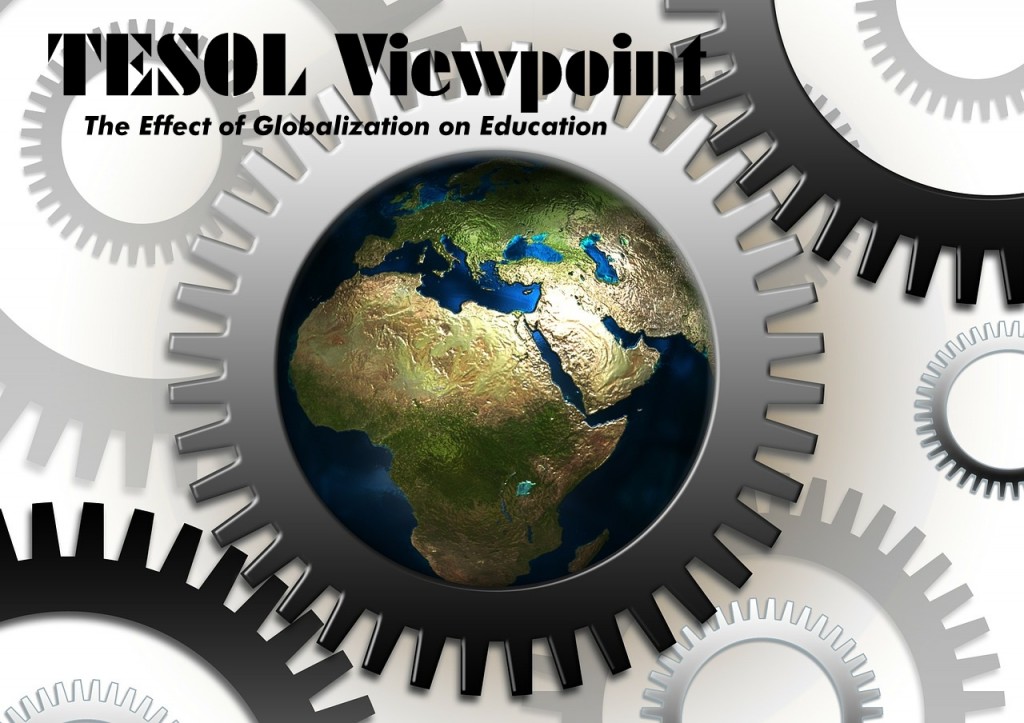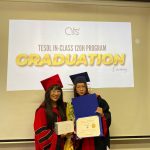The term “globalization” refers to the integration of economies, cultures, and societies, creating international influences and shaping the world in interconnected ways (Misra, 2010). As we head into 2025, the effects of globalization continue to intensify, leading to the merging and, at times, clashing of diverse cultures. This article will analyze the impact of globalization on educational technology and communication systems while making the case that education systems worldwide should embrace approaches that prepare students for a globalized context.
In the evolving global labor market, there is an ever-growing need for workers who possess a deep understanding of multiple languages, cultural competencies, and modern business practices (Sharma, 2012). Education has therefore become increasingly vital, serving as a pathway to higher-quality employment opportunities, improved living standards, and elevated social status. Globalization has also reshaped educational priorities by encouraging the exchange of knowledge and skills between developed and developing nations. The rapid expansion of educational technology and communication systems in recent years underscores a broader shift from an industrial-based society to an information-based economy (Sharma, 2012).
The Role of Technology in Education: Breaking Down Barriers
In 2025, technology continues to redefine how educational material is delivered, with digital resources enabling more personalized and flexible learning experiences. Tools such as artificial intelligence (AI) and virtual reality (VR) are increasingly integrated into classrooms, offering immersive learning opportunities that go beyond traditional teaching methods. The global pandemic of the early 2020s accelerated the adoption of online education, with video conferencing tools and learning management systems (LMS) becoming essential for students and educators alike. These changes have dismantled geographic barriers, allowing students to access high-quality education from anywhere in the world.
Digital platforms now support a range of activities, from collaborative projects to language exchange programs. For example, AI-driven language learning apps offer customized lessons that adapt to a learner’s pace, while virtual exchange programs enable students to interact with peers in different countries, gaining firsthand exposure to other cultures. Such technological advancements help shift the focus from rote memorization to experiential learning, requiring students to take greater responsibility for their educational journey.
Communication Technology: Expanding Cross-Cultural Competence
The digital transformation has not only enhanced access to educational resources but also expanded the scope of communication technology, offering students new avenues to tackle global issues. In 2025, the ability to communicate effectively across cultural boundaries is more critical than ever. Online forums, social media, and messaging platforms enable learners to connect with individuals from different cultural backgrounds, broadening their understanding of diverse perspectives. This exposure promotes intercultural competencies, which are essential for navigating a globalized world.
Educational approaches have increasingly embraced models of intercultural communication, integrating theories such as Edward Hall’s high-context and low-context cultures. High-context cultures (e.g., China) are characterized by implicit communication, while low-context cultures (e.g., the United States) favor direct and explicit exchanges. By understanding these cultural differences, educators can tailor their teaching methods to better suit the needs of their students, fostering a more inclusive learning environment.
Preparing English Language Learners for a Globalized World
In teaching English to speakers of other languages (TESOL), globalization has had a profound impact on classroom practices and curriculum design. TESOL educators are now encouraged to incorporate global themes and intercultural communication strategies into their lessons. This approach not only helps language learners develop linguistic skills but also cultivates an appreciation for cultural diversity and global citizenship. For example, integrating international news stories, cultural case studies, and collaborative projects with classrooms abroad can enhance students’ language proficiency and cross-cultural understanding.
Additionally, TESOL educators can leverage advancements in AI-driven language tools, which provide real-time feedback and adaptive learning pathways for students. By utilizing these resources, teachers can offer a more personalized and effective learning experience, equipping students with the skills needed to thrive in an interconnected world.
The Future of Education: Embracing a Global Perspective
As we look to the future, it is evident that globalization will continue to influence education in terms of technology and communication. The shift from an industrial-based economy to an information-based society has led to an increased demand for higher education and lifelong learning. Computers, AI, and other digital tools now play a crucial role in facilitating the exchange of knowledge and enabling students to collaborate across borders. This has led to a more dynamic and inclusive educational landscape, where learners are encouraged to engage with diverse perspectives and apply their skills in real-world contexts.
In conclusion, the effects of globalization on education in 2025 highlight the need for an educational system that embraces a global context. Technology has dismantled barriers, making learning more accessible and personalized, while communication tools have improved students’ ability to navigate cultural differences. As TESOL educators, it is essential to prepare students not only to learn English but to understand the global context in which they will use it. By integrating intercultural communication, digital tools, and global themes into the curriculum, teachers can help students become skilled communicators and responsible global citizens.
TESOL Viewpoint brings insights on teaching English as a second language, focusing on the evolving impact of globalization on education.



